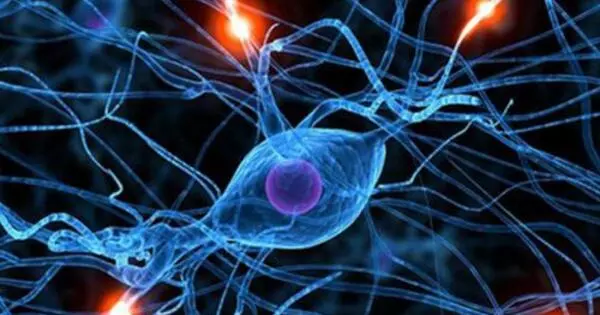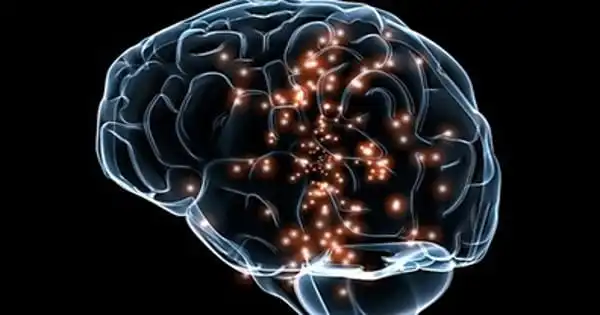Molecular cellular cognition (MCC) is a branch of neuroscience that studies cognitive processes using approaches that integrate molecular, cellular, and behavioral mechanisms. The development of molecular and cellular explanations for cognitive processes, as well as the discovery of mechanisms and treatments for cognitive disorders, are key goals of MCC research.
Although closely related to behavioral genetics, MCC emphasizes the integration of molecular and cellular explanations of behavior rather than the links between genes and behavior. Some common field of Molecular Cellular Cognition –
- Molecular Biology: This field studies biological molecules, specifically the structure and function of macromolecules like DNA, RNA, and proteins. Molecular biology is the study of the molecular mechanisms underlying various biological processes.
- Cellular Biology: Cellular biology, also known as cell biology, is the study of cells, which are the fundamental structural and functional units of living organisms. It includes knowledge of cell structure, function, communication, reproduction, and the processes that take place within cells.
- Cognition: Cognition refers to the mental processes and activities associated with information acquisition, processing, storage, and use. It entails a variety of mental activities such as perception, attention, memory, language, problem-solving, and decision-making.
The integration of these three fields, as implied by the phrase “molecular cellular cognition,” implies an investigation into how molecular and cellular processes within the brain contribute to cognitive functions. This could include looking into the molecular and cellular bases of learning and memory, synaptic plasticity (changes in the strength of connections between neurons), and how molecular and cellular changes affect cognitive processes.
Unlike cognitive neuroscience, which has traditionally focused on the relationship between human brain systems and behavior, MCC has used model organisms such as mice to study how molecular (i.e. receptor, kinase activation, phosphatase regulation), intracellular (i.e. dendritic processes), and intercellular (i.e. synaptic plasticity; network representations such as place fields) processes modulate cognitive function.
















